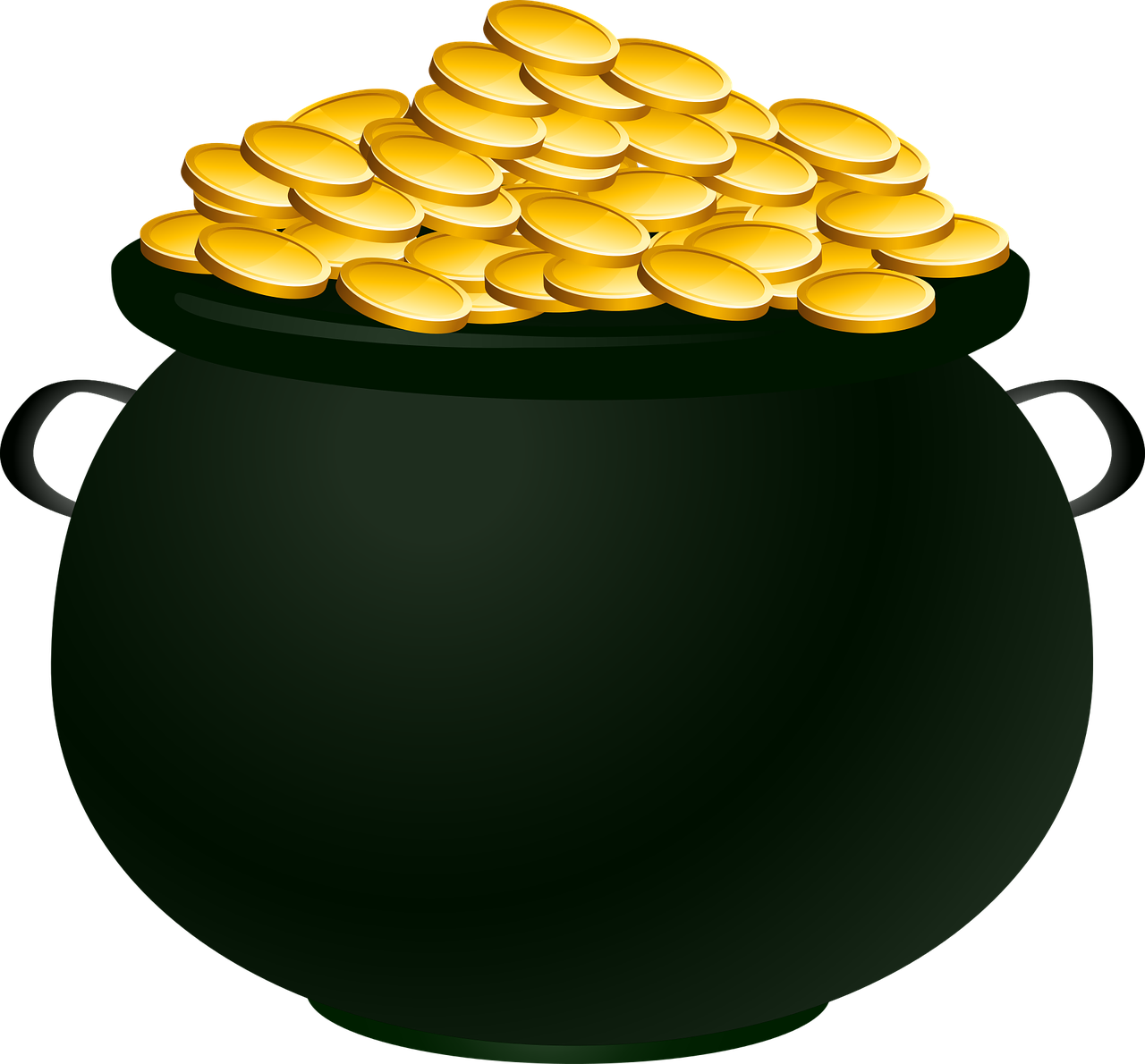

The Coyne family keeps a jar on the counter to hold spare change. At the end of each week, everyone in the family puts any coins they have in the jar. At the end of each month they empty the jar and donate the money to a local charity.
At the end of last month the Coyne family counted the coins in their jar and noticed the following totals:
There were twice as many toonies as quarters.
There were \(3\) times as many loonies as toonies.
There were \(5\) more dimes than toonies.
There were \(4\) fewer nickels than quarters.
There were \(8\) quarters in the jar.
How many coins were in the jar at the end of last month?
How much money was in the jar at the end of last month?
Note: In Canada, a nickel is worth \(5\) cents, a dime is worth \(10\) cents, a quarter is worth \(25\) cents, a loonie is worth \(100\) cents, and a toonie is worth \(200\) cents. Also, \(100\) cents is equal to \(1\) dollar (\(\$1\)).

To solve this problem we need to determine how many of each type of coin we have.
Since there were twice as many toonies as quarters and there were \(8\) quarters, then there were \(8 \times 2 = 16\) toonies in the jar.
Since there were \(3\) times as many loonies as toonies and there were \(16\) toonies, then there were \(16 \times 3 = 48\) loonies in the jar.
Since there were \(5\) more dimes than toonies and there were \(16\) toonies, then there were \(16 + 5 = 21\) dimes in the jar.
Since there were \(4\) fewer nickels than quarters and there were \(8\) quarters, then there were \(8 - 4 = 4\) nickels in the jar.
In summary, there were \(4\) nickels, \(21\) dimes, \(8\) quarters, \(48\) loonies, and \(16\) toonies in the jar at the end of the month.
In total there were \(4 + 21 + 8 + 48 + 16 = 97\) coins in the jar at the end of the month.
To determine the amount of money in the jar, we will first calculate the total value of each type of coin by multiplying the coin’s value by the number of that type of coin in the jar.
| Type of Coin | Value of One Coin (in cents) | Number of Coins | Total Value (in cents) |
|---|---|---|---|
| Nickel | \(5\) | \(4\) | \(5 \times 4 = 20\) |
| Dime | \(10\) | \(21\) | \(10 \times 21 = 210\) |
| Quarter | \(25\) | \(8\) | \(25 \times 8 = 200\) |
| Loonie | \(100\) | \(48\) | \(100 \times 48 = 4800\) |
| Toonie | \(200\) | \(16\) | \(200 \times 16 = 3200\) |
The total amount of money amount in the jar was: \(20 + 210 + 200 + 4800 + 3200 = 8430\) cents, which is equal to \(\$84.30\).